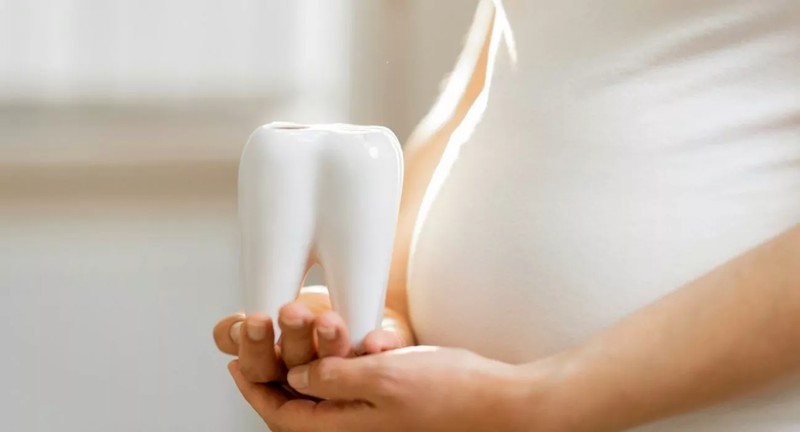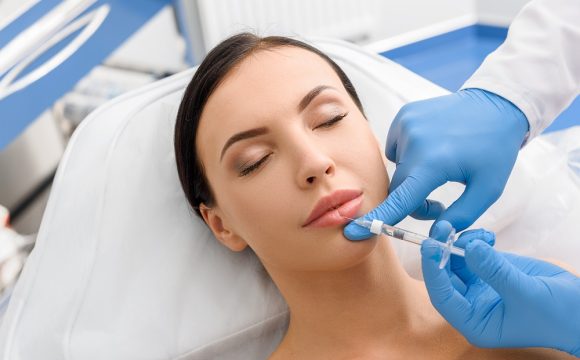Pregnancy is a time of significant physiological changes that can affect oral health. In this article, we’ll explore the importance of oral health during pregnancy, common dental concerns for expectant mothers, and strategies for maintaining optimal dental health for both mother and baby.
Hormonal Changes and Oral Health
Pregnancy hormones, particularly estrogen and progesterone, can affect oral tissues and increase the risk of dental problems such as gum disease and tooth decay. We’ll discuss how hormonal changes during pregnancy can lead to gum inflammation, bleeding gums, and an increased susceptibility to dental infections, emphasizing the importance of preventive care and regular dental check-ups.
Morning Sickness and Dental Erosion
Morning sickness, a common symptom of early pregnancy, can expose teeth to stomach acid, increasing the risk of dental erosion and enamel damage. We’ll explore strategies for minimizing the effects of morning sickness on oral health, such as rinsing with water or fluoride mouthwash after vomiting, and avoiding brushing immediately after vomiting to prevent further enamel erosion.
Gestational Gingivitis and Pregnancy Tumors
Pregnancy hormones can exacerbate gingival inflammation and lead to a condition known as gestational gingivitis, characterized by red, swollen, and tender gums. We’ll discuss how proper oral hygiene practices, including brushing, flossing, and regular dental cleanings, can help manage gestational gingivitis and prevent more severe gum disease. Additionally, we’ll address pregnancy tumors, benign growths that may develop on the gums during pregnancy, and their management.
Oral Health Care Tips for Expectant Mothers
Maintaining good oral health during pregnancy is essential for both mother and baby. We’ll provide practical tips for expectant mothers, including brushing with fluoride toothpaste twice daily, flossing daily, eating a balanced diet rich in essential nutrients, and scheduling regular dental check-ups for preventive care and treatment. Additionally, for those considering orthodontic treatment, it’s worth noting that options like lightforce braces are available and safe during pregnancy. We’ll also emphasize the safety of dental procedures during pregnancy and the importance of informing dental providers about pregnancy status to ensure appropriate care.
Postpartum Oral Health Considerations
Postpartum oral health is equally important, as hormonal changes and lifestyle factors can continue to affect dental health after childbirth. We’ll discuss the importance of resuming regular dental care postpartum, addressing any lingering dental issues, and maintaining good oral hygiene habits while caring for a newborn.
Conclusion
In conclusion, maintaining optimal oral health during pregnancy is crucial for both maternal well-being and fetal development. By understanding the unique oral health considerations during pregnancy, practicing good oral hygiene habits, and seeking timely dental care, expectant mothers can protect their teeth and gums and promote better overall health for themselves and their babies.








